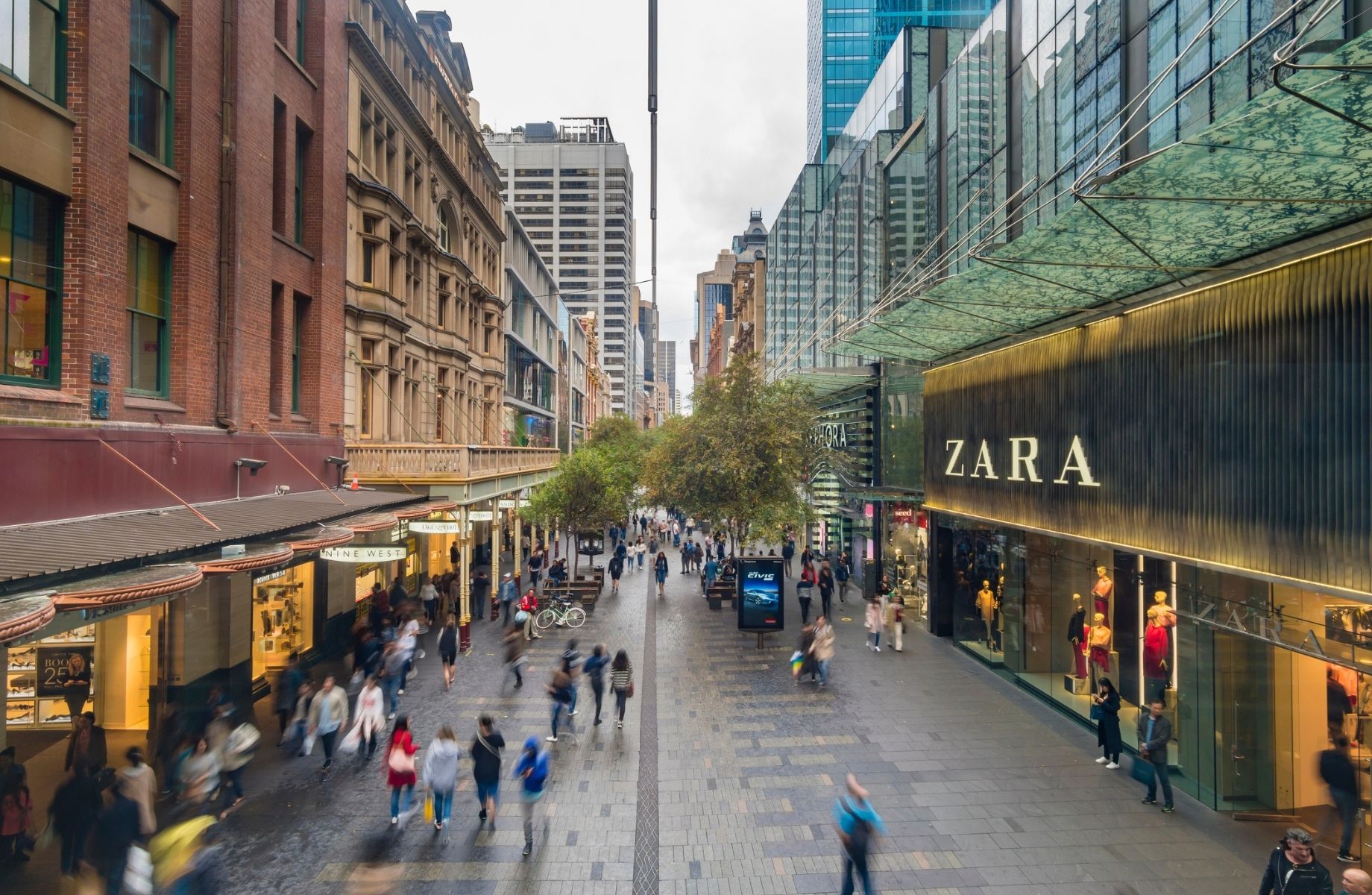Cash registers in Australia’s retail sector were overflowing in November as the country posted record sales to cap a disastrous year, but the outlook is less bright for 2022.
Australia’s retail turnover grew 7.3% in November 2021, according to data from the Australian Bureau of Statistics.
ABS director of quarterly economic statistics Ben James said retail sales were at their highest level in November, 5.8% above the previous record, set in November 2020.
“A further easing of Covid restrictions in the southeastern states and territories has allowed the retail sector to regain all of the lost momentum caused by the Delta outbreak,” James said.
Victoria recorded the state’s biggest gain, up 20%, reaching its highest in the series, after the state’s lockdown ended in late October.
“The continued easing of Covid-19 restrictions, including less stringent density and capacity limits, in New South Wales (up 5.1%) and the Australian Capital Territory (up 19.2%) led to an increase in turnover to record levels. “
Good news for large retailers, discretionary spending remained strong in November, with five retail sectors posting increases for the second consecutive month.
Suppressed consumer demand combined with an extended sales period in November led to record sales in the retail of clothing, footwear and personal accessories (up 38.2%), the retail sales of household items (11.6%) and department stores (26.0%).
Food retailing was the only industry to decline, down 2.5%, while cafes, restaurants and take-out grew 9.3% as households shied again. ventured.
But the near-term outlook might not be so rosy, according to CBA senior economist Belinda Allen, who said she expected retail data for December and January to be affected. due to household cautiousness and labor shortages.
“We expect the data to move lower in December and January in particular,” Allen said.
“Retail data for December is expected to hold up, before the Omicron variant takes control of the eastern states.
“We expect the January data to be more negatively affected by this and worsened by staff shortages in many industries that are reducing the supply of retail goods as well as services.”
The data also indicated that consumers chose brick-and-mortar shopping experiences over online retail, which fell 8.7%.
ANZ Senior Economist Adelaide Timbrell said the spending observed showed that “most of the post-Delta gains for retail spending were reversed in January due to staff shortages, isolated households and caution when going out in public. “
“But resilient consumer confidence in financial conditions portends a rapid rebound once health risks abate,” Timbrell said.
The ANZ-Roy Morgan consumer confidence index fell 2.2% in the first week of January, reflecting increased cases of Omicron variants, and the economic outlook reading fell to a low of three months.

